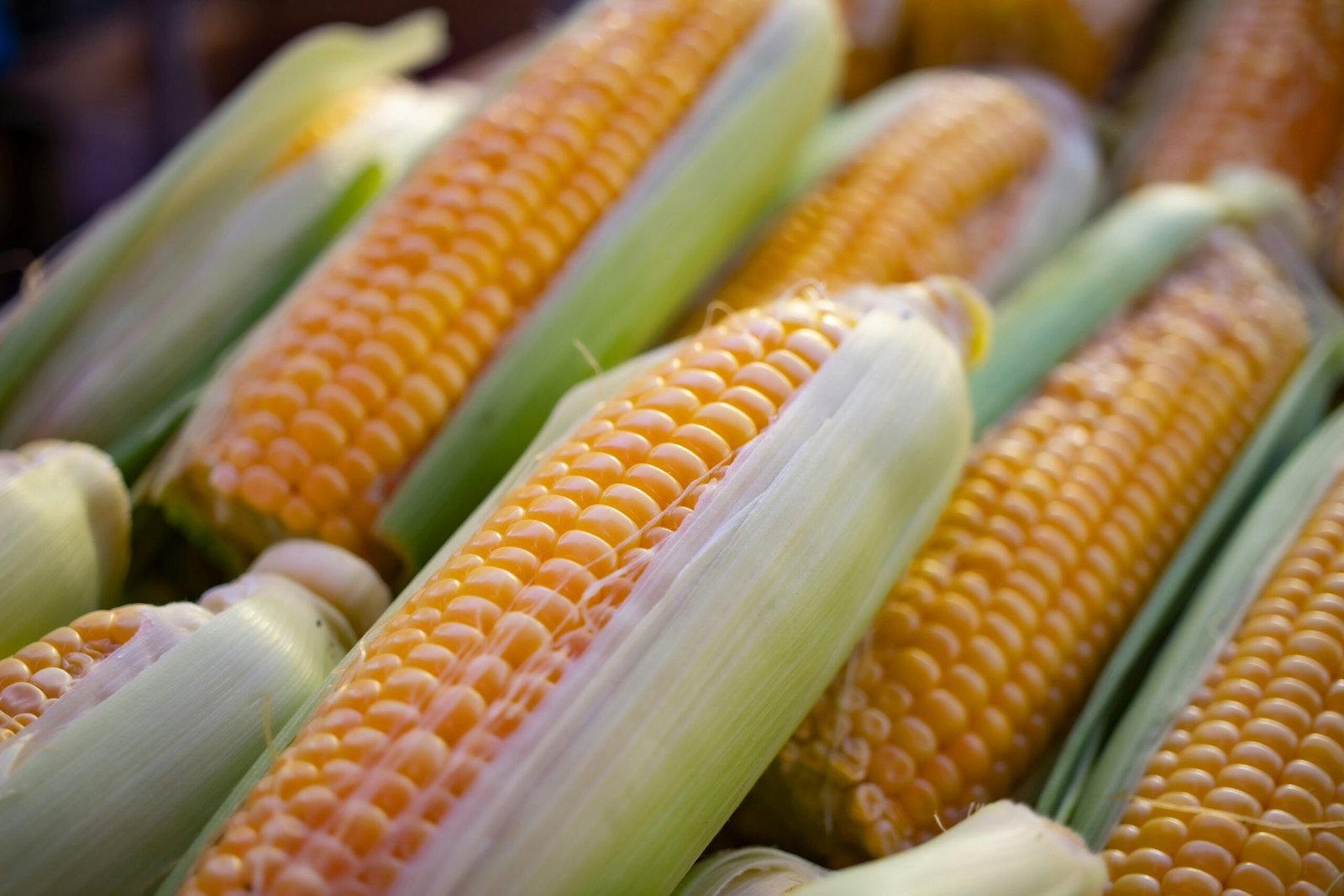Corn: A Nutritious Source of Fiber
Corn, also known as maize, is a staple food in many parts of the world. It is not only delicious but also packed with essential nutrients. One of the key benefits of consuming corn is its high fiber content. In this article, we will explore the nutritional value of corn and its role as a source of fiber in our diet.
The Nutritional Value of Corn
Corn is a versatile grain that offers various nutritional benefits. It is a good source of vitamins, minerals, and antioxidants. A typical serving of corn (100 grams) contains:
- Calories: 96
- Carbohydrates: 21 grams
- Protein: 3.4 grams
- Fat: 1.5 grams
- Fiber: 2.4 grams
- Vitamin C: 8.4 milligrams
- Vitamin B6: 0.1 milligrams
- Potassium: 270 milligrams
As you can see, corn is relatively low in calories and fat, making it a healthy addition to a balanced diet. Its moderate protein content also contributes to its nutritional value.
Corn as a Source of Fiber
Fiber is an essential component of a healthy diet. It aids in digestion, helps maintain bowel regularity, and promotes overall gut health. Corn is an excellent source of dietary fiber, with each serving containing approximately 2.4 grams.
There are two types of fiber found in corn:
1. Insoluble Fiber:
Insoluble fiber adds bulk to the stool, aiding in the prevention of constipation and promoting regular bowel movements. It helps to keep the digestive system healthy and may reduce the risk of certain digestive disorders, such as diverticulitis.
2. Soluble Fiber:
Soluble fiber dissolves in water and forms a gel-like substance in the digestive tract. This type of fiber helps to regulate blood sugar levels, lower cholesterol levels, and promote a feeling of fullness, which can aid in weight management.
Consuming an adequate amount of fiber is crucial for maintaining optimal health. The recommended daily intake of fiber for adults is around 25-30 grams. Adding corn to your diet can be a delicious and convenient way to increase your fiber intake.
How Corn Affects Sexual Aspects
While corn is a nutritious food, there is no scientific evidence to suggest that it directly affects sexual aspects. It is important to note that sexual health is influenced by various factors, including overall lifestyle, hormone levels, and psychological well-being.
However, a well-balanced diet that includes corn and other nutrient-rich foods can have a positive impact on overall health, which indirectly contributes to sexual well-being. By providing essential vitamins, minerals, and antioxidants, corn helps support the body’s overall functioning, including reproductive health.
Additionally, maintaining a healthy weight through a balanced diet that includes fiber-rich foods like corn can positively impact self-esteem and body image, which may indirectly enhance sexual aspects.
Incorporating Corn into Your Diet
There are numerous ways to incorporate corn into your diet and enjoy its nutritional benefits:
- Grilled or boiled corn on the cob
- Corn salads
- Corn soups
- Corn tortillas or tacos
- Cornbread or corn muffins
- Corn-based snacks like popcorn
When buying corn, opt for fresh, organic varieties whenever possible. You can also find frozen or canned corn, which can be just as nutritious. However, be mindful of added sugars or sodium in canned corn products.
Conclusion
Corn is a nutritious grain that provides essential nutrients and is a great source of dietary fiber. While it does not directly affect sexual aspects, incorporating corn into a well-balanced diet can contribute to overall health and indirectly support sexual well-being. Enjoy the versatility of corn in various dishes and reap its nutritional benefits.

